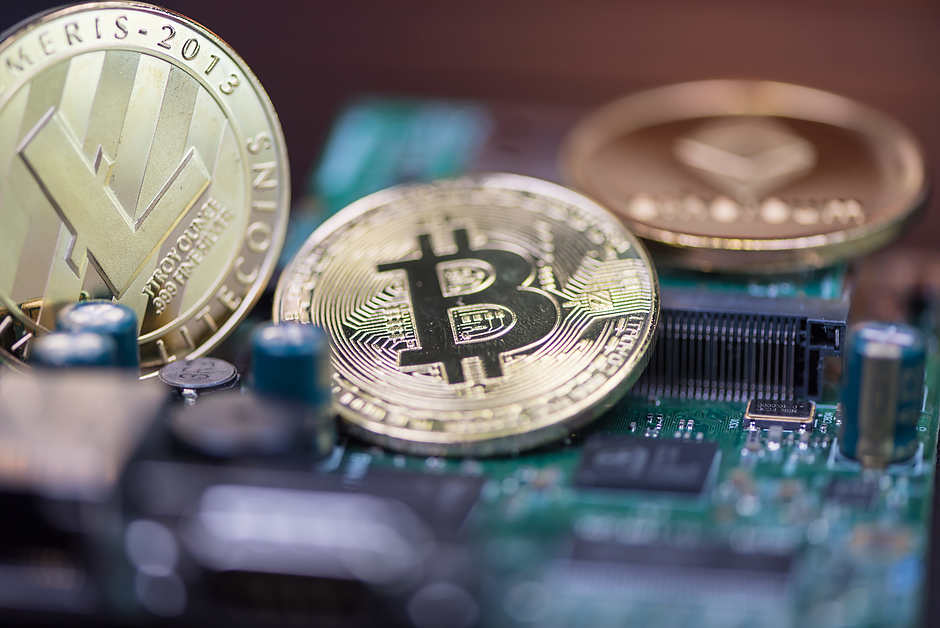Conventional money with Cryptocurrencies

We already live in a digitized world of money since every movement of money is done through the circulation of files of the computers of the commercial and central banks. In recent years, cryptocurrencies as a digital currency have been added to the digitization of money. Although there is often a comparison between conventional digital money and digital currencies, cryptocurrencies are quite different from the conventional digital money.
Conventional digital money is based on the concept of representing an obligation. Digital money in a bank account, even if it remains deposited without being used in transactions as it represents the bank's liabilities to depositors, must be secured by the bank's assets that are involved in the economic activity and real economy. Cryptocurrencies, on the other hand, have no connection to the concept of assets and liabilities. This means that cryptocurrencies, when not used for trading as they do not involve in economic activity, have no impact on the real economy. Thus, in conventional digital money, banks must ensure that their assets are more than their customers' deposits, while this is not the case in digital currencies.
Cryptocurrency money uses smart contracts with a high degree of complexity. Based on blockchain technology, cryptocurrencies have the type of program referred to as smart contracts, which makes decisions about what to do with money or how to respond to requests from others related to money. Smart contracts have complete control over the funds as there is no single party, such as a market regulator, while smart contracts control the processing of transactions, the operation of the system, or the code running on the system. Moreover, since no one can control the system centrally, such as a regulator, that means no one can stop or reverse the transactions created by a smart contract.
The features of smart contracts have allowed the rapid growth of cryptocurrencies as the Bitcoin represented in the above chart, as well as the creation of a large and complex cryptosystem where smart contracts have a high degree of control. However, a complex crypto ecosystem the first large scale investment strategy run by a smart contract, the Distributed Autonomous Organization (DAO), has not worked very well as created a major fraud. Moreover, “token” issuances in the Initial Coin Offering (ICO) led to even larger frauds.
Thus, the possibility of creating systems based on smart contracts, which will operate within the conventional financial framework, begins to acquire great interest. However, if this is done, it will essentially mean the rejection of many of the key features of smart contract systems. But there could be a combination of conventional and programmable money.
A major weakness of conventional money is that it considers all banks' assets equivalent, which is not the truth. The question that arises is, should the value of money deposited in a bank with a lower credit rating be equal as the value of the money deposited in a bank with a higher credit rating? The equality between banks is created by the design of payment systems where it is assumed the credit limits of a bank with high creditworthiness, and a bank with lower creditworthiness are of equal value, as there is the willingness of central banks to act as the ultimate provider of liquidity.
By using smart contracts, generating programmable money between banks the payments between them would make their credit limits more efficient. Central Bank Digital Currency (CBDC) based on third-party blockchain tokens issued and backed by central bank reserves is potentially useful for generating programmable money. But in this case, the problem arises to the point that programmable money is depended by the central bank as a result, the independence of cryptocurrencies is harmed.
In the end, if to the question of why there is "programmable money" the answer is that it works to make "conditional payments" simply and quickly while "conventional money" represents the economic policy, asset value, and regulatory framework, then it needs to be found a common ground for studying how conventional money and cryptocurrencies could be matched. Smart contracts that could eliminate their weaknesses and improve their advantages could be a good start.
Author

Nikolaos Akkizidis
LegacyFX
Mr Nikolaos Akkizidis is an economist, with 20+ years of experience in multiple roles in the financial sector.






